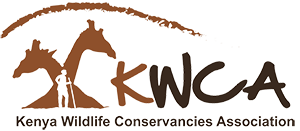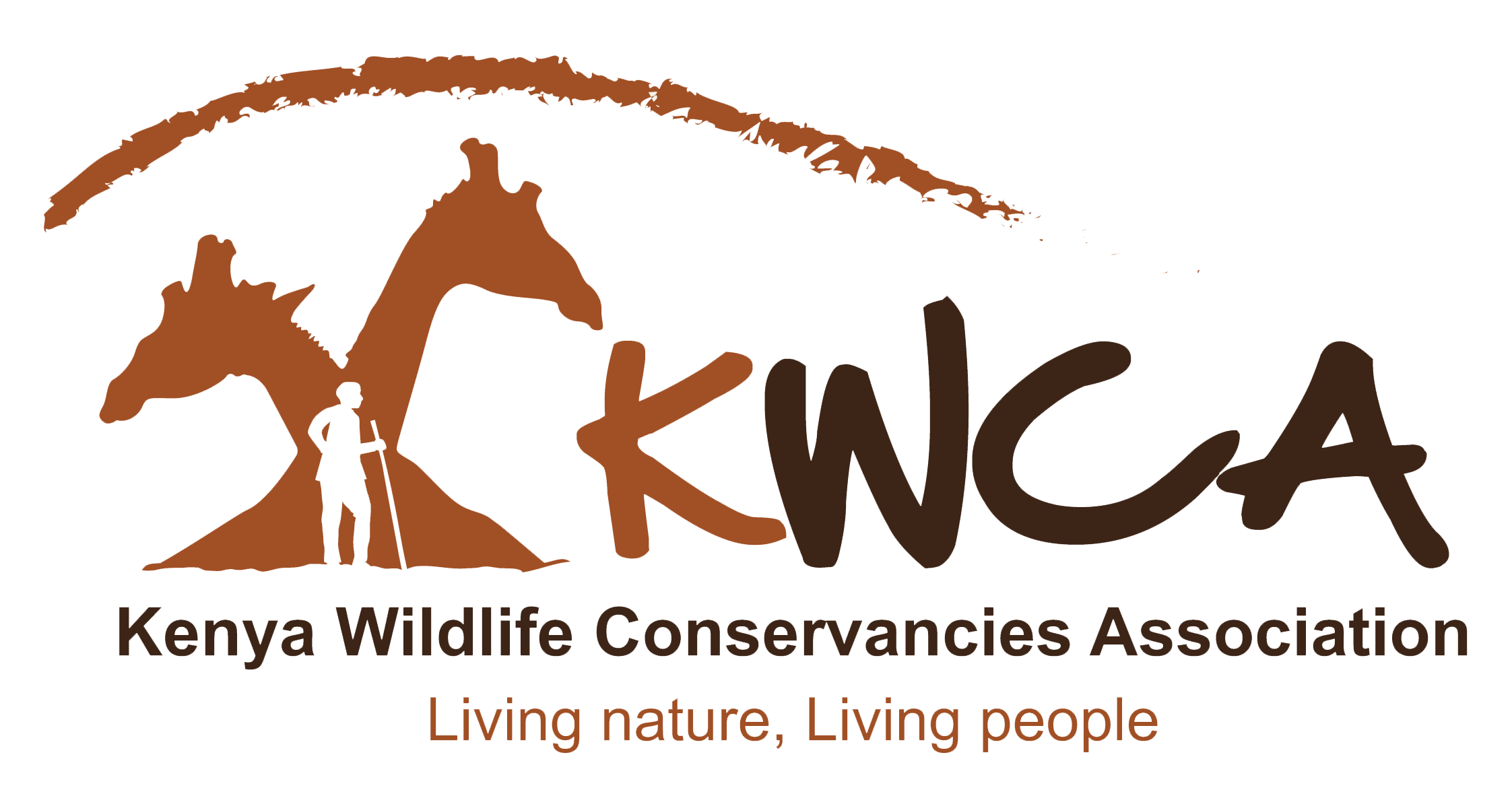Consultancy Opportunity: Development of Principles and Standards for Conservancies in Kenya
Terms of Reference
Development of Principles and Standards for Conservancies in Kenya
About KWCA
Kenya Wildlife Conservancies Association (KWCA) is a national membership organisation representing over 200 conservancies in Kenya. KWCA works with conservancy landowners and landscape conservancy associations to create an enabling environment to deliver environmental and livelihood benefits to communities.
KWCA’s role is to help catalyse the conservancy movement by convening, connecting, informing, and representing conservancies and other key stakeholders in a shared effort to make wildlife conservancies thrive in Kenya. KWCA recognises conservancies as a strong mechanism to promote wildlife stewardship and custodianship by local communities and landowners sharing land with wildlife.
Background of consultancy
Wildlife Conservancies, when well governed and effectively managed, can contribute to better biodiversity and development outcomes. Sustainable conservancies secure open connected habitats for wildlife, improve grazing for livestock, and enhance community livelihoods through diverse income streams and partnerships with private sector actors. Land under conservancies is critical in slowing down wildlife declines in Kenya, where gazetted national parks and reserves constitute only 8% of the land area.
KWCA, working with partners, landscape Associations, and community and private landowners, is implementing a community-led conservation model to create a network of community-managed areas that deliver both conservation and livelihood outcomes. The model emerged over three decades ago as a response to the reported calamitous decline of wildlife, habitat degradation and conversion, risks of extinction for endangered and endemic species, intensifying human-wildlife conflict, and perceptions that past models excluded local communities or failed to recognise the contribution of indigenous and cultural land use practices that have historically sustained wildlife.
Initially, as isolated experiments largely on private ranches, the concept evolved without a legal framework or guidelines on expected procedures and standards. While this allowed for innovation, it created a diverse conservation model that is complex and often misunderstood due to the differentiated way it has been deployed. To date, a network of over 200 community, group, and private conservancies has been established and recognised under section 39 of the Wildlife Conservation and Management Act of 2013. To date, the regulation to guide the establishment and management of conservancies as required under Section 116 (2) (d) of WCMA has yet to be gazetted. Despite this policy gap, increased coordination among a variety of actors involved in the establishment of conservancies, use of standardised tools developed by KWCA and Landscape Associations, and ongoing peer-to-peer learning have allowed for convergence of practices, use of concepts and undocumented recognised standards of practice among conservancies in Kenya.
Currently, conservancies are on four land tenure systems; community, private, group and co-managed public land. They deploy diverse governance models dictated by local circumstances, shifting priorities and approaches utilised by partners supporting their establishment. Conservation goals vary depending on the geographic location, natural resources being conserved, conservancy size, revenue capacity and the model deployed by support partners. The conservancies are at varying stages of maturity depending on the duration of existence, funding support received, governance and management capacity, private sector partnerships and biodiversity richness.
Despite these variations, there is an emergence of a common understanding of what a conservancy is, the concept that guides stakeholders and an unwritten set of pillars, good practices, stakeholder expectations and local community perceptions of what conservancies should aim for to become mature, durable and effective. As a signatory to the Convention on Biological Diversity (CBD), Kenya heavily relies on land under private and community lands to contribute to the attainment of Target (3), whose goal is to at least conserve 30% of the area through effective and representative parks, reserves, conservancies, and OECMs.
Increasingly, a need to formalise and professionalize the approaches, concepts and practices used by a variety of stakeholders to establish and manage conservancies requires some level of standardisation. It is for this purpose that KWCA prioritises the need to document principles and standards that will guide conservancies’ development in the future.
The principles and standards are voluntary broad statements that articulate the common aspiration of a standardised approach to future conservancy growth. The standards shall apply to all categories of conservancies, are relevant to the different stages of development, and are adopted by conservancy stakeholders.
The principles and standards will address the following general areas, including respect for indigenous cultures and knowledge, human rights, social and environmental safeguards, representative governance, effective management, equitable benefit sharing, data management, inclusion of youth, women, and marginalised groups, investment and partnership among others.
Purpose of the Principles and Standards
- Set out minimum requirements and a common understanding of the concept, the practice and the purpose for which the conservancies are being established and how they become effective for people and nature
- To harmonise approaches, processes and procedures in conservancy development while allowing for diversity and innovation upon which the Kenyan conservancy model has been built on
- To outline the shared expectations from diverse stakeholders, entrench professionalism and build confidence in the conservancy model
- To guide the conservancy network to align with international standards and principles on effective area-based conservation practices
- To set out a framework upon which the conservancy network shall be expansive, effective, equitable, inclusive, and durable.
Objectives of the consultancy
KWCA is seeking to engage a consultant to provide technical support for the development of conservancy principles and standards to guide the development of conservancies in Kenya.
Scope of the Consultancy
The consultant shall perform the following tasks to support the development of the conservancy principles and standards;
- Hold an inception meeting with the KWCA team to better understand the requirements, priorities, and expectations from the onset.
- Carry out a desktop review on international principles and standards underpinning community conservation and evolving set guiding principles within the conservancy network
- Review KWCA documents (Membership guidelines + Code of conduct, conservancy member’s declaration and conservancy establishment guide) and landscape association documents to capture any outlined principles and standards prescribed
- Carryout key informant interviews with a select number of conservancy stakeholders and partners to gather insights on existing conservancy practices and any documented guiding principles and standards
- Present the draft principles and standards to the organised validation workshop to seek broader input and attain consensus and buy-in.
- Finalise and submit final conservancies principles and standards
Expected deliverables
- Inception report
- The draft of conservancy Principles and Standard
- Final Conservancies Principles and Standard
Submission of Expression of interest
Proposals should demonstrate sound knowledge, technical skills, and capacity as required by the nature of work of the assignment and understanding of the requisite tasks outlined in the scope of work.
Eligible consultants should submit the following;
- Technical and financial proposals
- Implementation schedule
- CV of designated personnel
- Previous related assignment
The proposals should be emailed to info@kwcakenya.com indicating clearly on the email header the title of the consultancy by close of business Monday 12th February 2024

